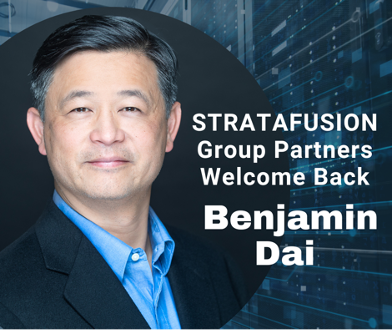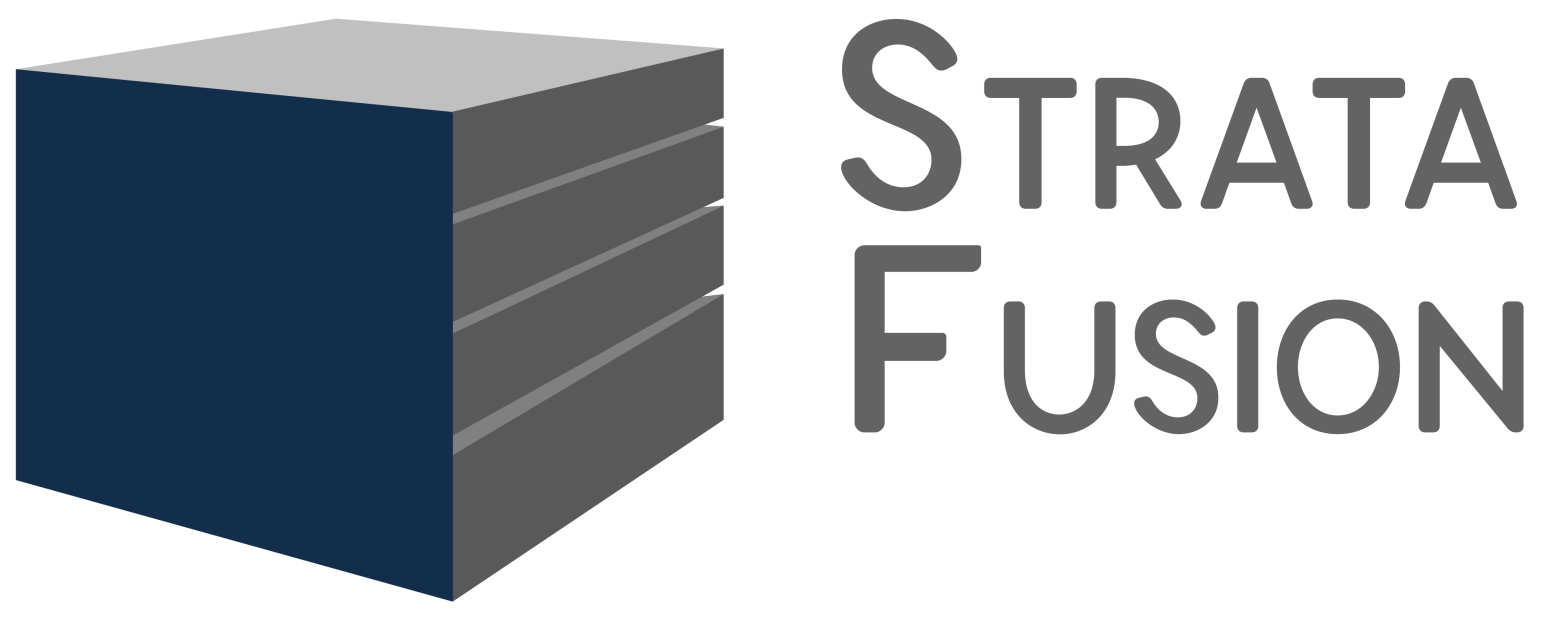
Scenario
Imagine it is early afternoon. Alexa, tracking your schedule, asks if you want her to call you an Uber. She has already computed the 40-minute ride based on traffic and how long the wait will be for the driver arrives. She recommends you take an umbrella for the rain. As you get into the car, your home lights are dimmed and turned off, the AC is turned down and the TV show you were watching changes to record/mobile mode so that you can stream it on your mobile device or watch it later after your meeting. Mobile Alexa from your phone asks if she should set the alarm and lock the doors.
Now, and into the future, everything we do, will most likely use the Internet of Everything (IoE) to create a smart eco-system and facilitate our time so that our lives are easier, convenient, and more comfortable.
In the medical world, a patient interaction would leverage the same smart eco-system. Imagine a similar tech-driven scenario, this time with healthcare ramifications.
Mark and Sandy, married, are driving to Napa for dinner. Mark starts to feel chest pain. Sandy calls the digital assistant and asks for directions to the nearest hospital. Directions display on the car’s navigational system, and Siri asks if she can sign the family into the ER using the hospital’s SmartAttendant App. Sandy says (or clicks) “yes,” and the app is downloaded and auto-completes your medical registration forms.
Siri asks for the chief complaint (“What brings you to the hospital today?”) to complete the forms, and Sandy states “chest pains”. A moment later, Siri tells her to park in the emergency parking beside the ER door, that there will be a valet attendant to take care of the car, and a wheelchair will be curbside with an RN awaiting her arrival. Bio-signs from the husband’s Fitbit and cell phone are being directly fed to the ER Attendant, who sees on the iPad he is using to track the situation, that the patient (Mark) is 4 minutes out with traffic.
Mark’s doctor has been notified and his medical history and latest EKG are already being reviewed by the attendee who alerts the Cardiac CATH lab that a patient is inbound. Balloon time is 12 minutes.
At this time, Mark and Sandy’s family members receive an SMS message with a notification of the situation at hand, which includes a link to hospital services. The link will outline for the family everything from directions to the patient’s room, meal choices, and even the amount of wait time at the nearest restroom.
Fortunately, Mark’s records are kept in his medical blockchain, and all relevant information is readily and securely available. With a touch of a button or a verbal command, Mark (or Sandy) can determine who can access, update and change his information. After his visit, his prescriptions are automatically ordered and set for next day delivery at his home. His insurance is automatically billed and his next appointment dynamically scheduled. Auto-magically, the hospital also submits all related expenses, which are processed behind the scenes.
The above example is already becoming a reality. We are on this evolutionary journey as our knowledge-based society over the next 5-10 years works to create intellectual value that is consumed by the ubiquitous connectivity of people, devices, information, services and processes.
What is needed for this reality to prosper?
Most of the tools needed to make this dream a reality already exist. IoT, IoE, Blockchain and AI are all torch bearing technologies that will continue to shape this future.
For example, IoT with its foundational principle of enabling devices and things to communicate, is smart-enabling everything from tires to watches. As this concept evolves from one-way broadcast communications to bi-directional conversations, systems are being developed to talk and interpret these communications.
IoE, where everyone and everything has reliable ubiquitous internet, is becoming the defacto standard. It fundamentally leverages the omnipresent connectivity of people, devices, sensors, items that Interact on behalf of humans. This interaction with other devices and systems, allows us to integrate “things” together and automate digital business models.
Blockchain is the engine that makes BitCoin possible and it has emerged as a revolutionary and visionary method of a public secure ledger. It allows for the recording of a secure, validated transaction that can be public or private. It is also a component of SmartContracts, which enables rules and commands such as “pay the rent on the 15th on the month from my checking account” to automatically execute based on specific criteria encoded into the contract.
Artificial Intelligence (AI) is needed to gain insights from the mountains of sensor data generated by the IoT. The real winner in this environment is machine learning, with its ability to process massive amounts of information, identifying patterns, habits, trends, cycles, etc. These patterns, and statistical analysis of massive data pools, have evangelized machine learnings importance, which is a core component of AI.
The final piece of the puzzle
As we change from a post-industrial/mass production marketplace to a knowledge-based environment, we need to pivot the paradigm so that it is not about delivering a physical product or service, and instead, it is about how we offer a “smart” service for an intelligent consumer.
To do this, “Smart Contracts” need to become consumer friendly. Mass market adoption can only occur when every age and demographic (your grandmother) can create a contract. Today’s contracts are still only created by developers, which is limiting mass adoption. It is estimated that developers are only 0.0035% of the population. Therefore, natural human interfaces have to be developed.
Given that, we are in for an exciting, dynamic ride for Intelligent Medical Applications over the next few years.
Author:
Henry Ivey 2017
Search Post
Category
Recent Posts



Share Post
